In today’s world, every social media influencer calls himself a nutritionist. Today, a tweet promising to make you look like a Marvel superhero in a month competes with grandmother’s home remedies. With all this information (or misinformation) moving around, one can easily lose track.
So, how do you distinguish fact from fiction? Hang on to your yoga mats or green smoothies as we dive into simple food facts people should know, but don’t.
The Meal Timing Hoax
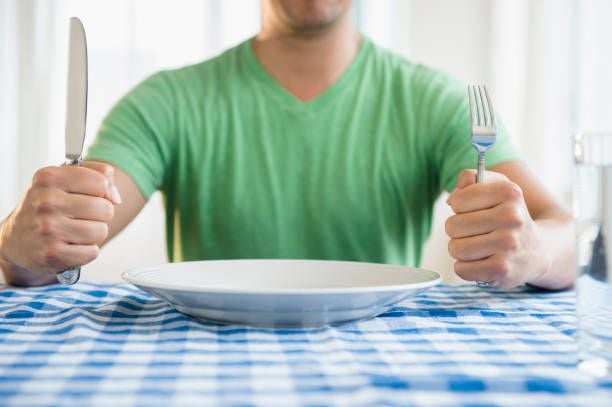
You shouldn’t eat like a hobbit, breakfast, second breakfast, elevensies, lunch, etc. The internet has made us believe that we must eat every two to three hours to keep the metabolic fire burning. I am sorry, but science says no. Your body weight is not much affected by meal size and frequency; listening to your hunger cues is advisable.
Another thing? Those “breaking news” headlines about nutritional issues you frequently see? Sure, be a bit suspicious of those. They are often hype interpretations, over-exaggerating what the real research actually says. They have more to do with clickable advice than nutritional advice.
Eggscellent or Not?

This is clear about eggs—they are the superheroes of any food world! The yolk has been demonized, for a fact, wrongly because of the cholesterol. No substantial evidence exists about egg causes of heart disease in other healthy people. Therefore, eat that delicious omelet with the full yolk.
You should also be aware that sugary drinks are liquid candy. If you are watching your weight, they are likely the worst thing that you can ingest. The sugar rush makes you not feel full, and a junk food rampage can follow this. It’s a trap!
The Trans Fat Treachery
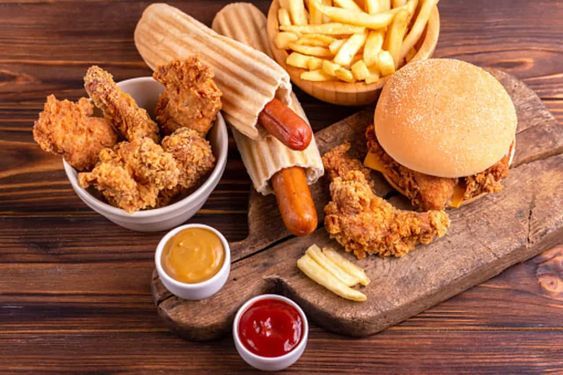
Avoid trans fats from artificial sources. They’re really bad for you. They are cooked with a lot of heat and pressure and can be the cause of heart complications. Don’t eat them!
However, you can finally exhale for all carnivores—meat never ferments in your colon. Do not worry; your body is made for taking that juicy steak. The stomach acids dissolve protein, and then digestive enzymes finish the work. So, do not be afraid of the meat sweats.
The Low-Fat Fallacy

Here’s something that’ll throw you for a loop: “low-fat” does not always mean “healthy.” For instance, there are so-called wolves in sheep’s clothing, loaded with sugar and other unhealthy supplements. Thus, next time you take a low-fat yogurt, ensure that you check on the contents.
The same goes for fruit juices. Just because it is derived from a fruit does not mean that it is healthy. Have you ever attempted to eat six oranges at one time? That’s the amount of sugar you are swallowing in a single glass of orange juice. The fiber and chewing resistance are gone—it’s like fruity soda.
The Gut Feeling

There is a tiny universe of bacteria in your gut; what you give to it is important. These tiny companions can be happy when you provide them with a high-fiber diet, thus making you happy. It’s similar to having an internal BFF. It can cause weight changes, mood swings, and other health problems.
By the way, organic or gluten-free doesn’t automatically make something healthy. Gluten-free junk food is junk, and organic sugar is still sugar. Be careful with the marketing; check the ingredients.
Cholesterol & Weight Scale Woes
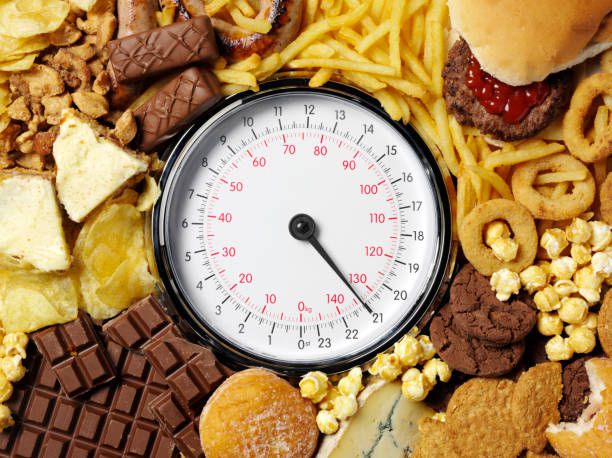
For a while, cholesterol has had a reputation of being the bad boy in the nutrition community, but what do you know? It’s not the difference between good cholesterol and bad cholesterol; it’s more the balance between them. Therefore, it’s time you stop thinking of cholesterol as the Darth Vader of nutrients.
Now, let’s tackle that love-hate thing we have with a weighing scale. That one number does not indicate your health condition. This implies that your weight may not remain constant throughout the day. When you’re going to measure something, it is good that you consider how your clothes suit or how physically you feel.
Diabetes And Diet Supplements

Sadly, most of the weight loss supplements are as effective as wishful thinking. Change of lifestyle is your magic wand for weight loss, not a pill. Therefore, save money and buy good running shoes or a veggie spiralizer.
And for anyone dealing with type 2 diabetes, your enemy is a high-carb diet. Carbs send your blood sugar levels soaring as your body struggles to use insulin. Though it sounds hard, a low-carb diet is normally better for diabetes management.
Factory Food Folly
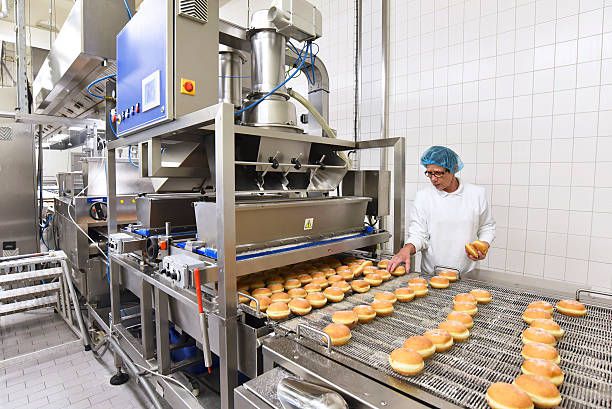
Here’s a simple rule of thumb: it is probably not a good choice if your food looks like it had been produced on a factory’s conveyor belt. It may sound surprising, but the more processed the food product is, the less likely it is to give you those wonderful nutrients your body desires. Therefore, the next time you see that packaged “health” bar that contains more ingredients than you can count, think again.
In all seriousness, we usually need clarification on the nutritional jargon that we lose track of some basic things. You don’t have to be a food scientist to be healthy. Factory foods tend to be loaded with preservatives, artificial flavors, and sugars. Just keep in mind that real food does not have ingredients; real food is ingredients
Calories and Junk Food
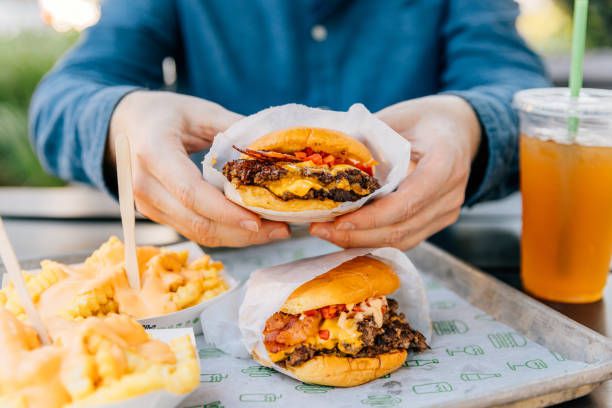
Last, calorie counting is not all. For instance, protein-heavy diets help one lose weight without the feeling of having undergone a series of calculations. Eat smart, not hard!
But beware that junk food is more addictive than a Netflix bender. The combination of fat, sugar, and salt can make it hard to stop munching. Thus, if you fail to exercise self-control in relation to junk food, keep it out of your sight and, hopefully, out of your mind, too.








































